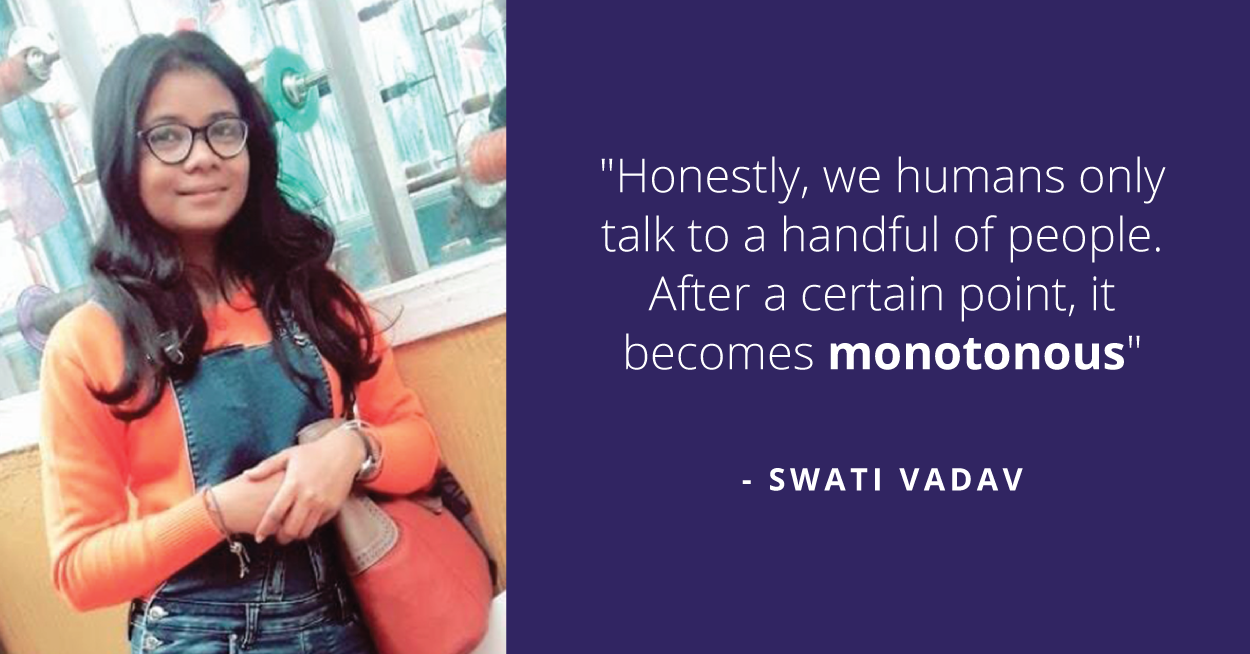Welcome back! In the previous post, we read about what MENTAL HEALTH is (Read the article here). Now, let us see what are the challenges and Myths attached to MENTAL HEALTH.
Challenges
We all agree that Mental Health is achieved when we operate at our optimum capacities in everyday situations without falling apart. There are scores of us who find it rather difficult to get through situations everyday without exerting mental pressure on ourselves. The catalyst behind such inhibitions, doubts, anxiety takes shape into challenges. Such a challenge can be a disease or a condition which affects the person in his/her thinking abilities, feelings, and behavior.
What Are The Causes?
There has been millions of money spent on research to understand the causes of mental pressure, instability, and illness. It is fair to say that even though many intelligent folk have made groundbreaking progress in the understanding of the Human Brain, we still know very little today. If anyone convinces you otherwise, it is downright hubris.
The main causes which lead to mental challenges are a combination of various factors which influences us, such as; Psychological, Environmental, Biological, and Genetic factors. All these play a part in stretching our abilities to lead a peaceful life.
Here Are Some Examples Of Mental Challenges
- Addiction
- Eating Disorders (such as Anorexia and Bulimia)
- Social Phobia
- O.C.D
- Stress Disorder
- Schizophrenia
- Anxiety Disorder
- Depression (Bipolar Disorder)
What Are The Symptoms?
- Confusion in the thinking process
- Prolonged melancholy or irritability
- Rapidly fluctuating moods
- Tremendous fear and anxiety
- Discomfort or retreat from Social activities
- Fluctuating eating and/or sleeping routine
- Inconsolable rage and anger
- Hallucinations or delusions
- Lack of guile to deal with everyday issues and problems
- Constant denial of issues
- Suicidal tendencies
What To Do?
It is a titanic task for the sufferer to realize or acknowledge the existing conditions. If they do, or been recognized by their concerned ones, the ideal action to take is to visit a professional and tackle the issues methodically.
Mental Health Myths
The word MYTH has entangled itself with human history in all aspects. As a result, Mental Challenges is no exception. Here are some of the common fallacies:
- A common misconception is that we associate mental challenges to inadequate upbringing, weakened personality, and character deficit. This just isn’t the case. Recovery from mental challenges cannot be achieved by sheer will power. It needs a methodical approach, first to understand the underlying cause, and then to work on the issues in phases.
- Mental problems crop up in the adult years, and not in children: The stark reality is that most of our issues and inhibitions are a product of some childhood trauma or bad experiences to put it mildly
- Upbringing is the cause for mental instability: Mental challenges mostly are a combination of the environment and genetic influence. Not just parental disaster or the lack of it
- Labeling mentally challenged as PSYCHOs: Most of us suffer from everyday depression and anxiety. These are mental challenges too. By no means we can paint most of us as PSYCHOs, now, can we?
- Schizophrenics are violent: Manifestation of this fallacy has to be awarded to movies and TV shows, who characterize baddies or villains as mentally challenged. In reality however, this remains nonsensical. Very less violence is caused by the mentally challenged diaspora
- Depression is attributed to lack of character: Many a research concludes that depression isn’t caused due to laziness or weakness. Depression is the outcome of brain chemistry or function
- Addiction is a choice of the weak minded: First and foremost we need to acknowledge the reasons that lead people to addiction. Usually, depression and environmental factors subjugate people with abject mental torture, leading these people to seek alternatives to ignore the issues. If we find it hard to stop chewing our nails, not washing our hands, forget to put the toilet lid down, imagine how hard it is for addicts to get out of something which has re-engineered their wants biologically
- Mentally challenged cannot work or get a job: Right, this is the most arrogant and self centered fallacy there is. Sure the mentally challenged cannot work at the standard speed or guile, but the lack of such qualities won’t make them any less productive than the so called qualified ones who moan, lack ambition, and sheer will to do something. I would go so far as to say that, the mentally challenged, of any level, have more to prove than the ‘normal’ contingent. This acts as a motivator. We all need motivation to work, don’t we?
- There is no recovery from mental illness: There are legions of treatments which work! A sophisticated approach to cure mental illness might be slow, lumbering and soporific, but they work
A Personal Note…
Through the years, I have seen families grapple with moral and social conundrums to take care of their loved ones with severe mental illnesses. It is tremendously hard to do so. But, with the right kind of assistance, all we can promise ourselves is not to get rid of illnesses, but to make them more bearable. We are products ourselves, biological ones, so there’s bound to be defects within each one of us. We are social beings, even some of us who believe to be paragons of solitude. We are here, we cannot promise each other Utopian lives, but we can care for each other and make this world, mental and physical, a slightly better place to live.
If any of you are interested in seeking information to educate yourselves on mental challenges, I personally recommend the works of the wonderful Oliver Sacks, considered to be one of the most brilliant minds in Neurology. An Oliver Sacks quote to conclude, “The brain is the most incredible thing in the universe“.
We shall be returning tomorrow with the final part of the series for WORLD MENTAL HEALTH DAY, 10th October. Please do look forward to that.




